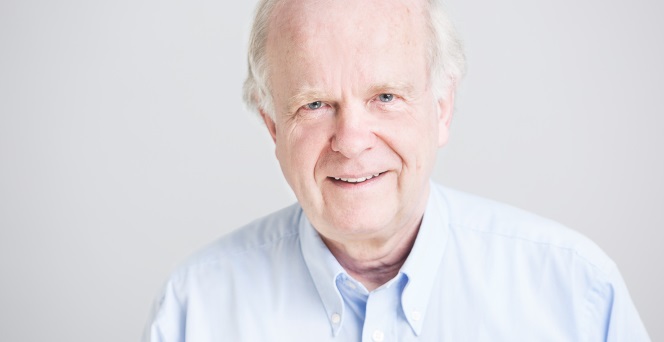URL: https://v1.desy.de/site_www-desy/content/about_desy/lead_scientists/wilfried_buchmueller/index_eng.html
Breadcrumb Navigation

Wilfried Buchmüller
Particle Cosmology and Unified Theories
Wilfried Buchmüller is professor of theoretical particle physics at the University of Hamburg and leading scientist at DESY. He focusses on the interface of particle physics and cosmology. The fundamental laws of nature, as described by the Standard Model of particle physics, exhibit an increasing amount of symmetries, as one probes progressively shorter distances. Pursuing this development beyond the Standard Model, one is led to supersymmetric theories, which unify electromagnetic, weak and strong forces, in four and more space-time dimensions. Physics at the shortest distances is closely related to the evolution of the very early universe, in particular the matter-antimatter asymmetry, dark matter and gravitational waves.
Academic career
| Since 1992 | Professor at University of Hamburg |
| Since 1990 | Leading Scientist at DESY |
| 1990 | Visiting Scientist at the Institute for Theoretical Physics, Santa Barbara, USA |
| 1986-1990 | Full Professor (C4) at Leibniz University, Hannover |
| 1984-1986 | Junior Staff Member, CERN |
| 1981-1983 | Research Associate, Max Planck Institut für Physik, München |
| 1979-1981 | Research Associate, Cornell University and Fermi National Accelerator Laboratory, USA |
| 1977-1979 | Research Associate at University of Bonn |
| 1975-1977 | Postgraduate Studies and PhD at University of Bonn |
| 1968-1974 | Undergraduate Studies (Physics) at Universität Bonn and Imperial College, London |
Memberships
| Since 2007 | Full member of the Academy of Sciences in Hamburg |
| 2005-2009 | Spokesman of the Virtual Institute of Particle Cosmology (VIPAC) of the Helmholtz Association |
| Since 2005 | Member of the Editorial Board of the Journal for Cosmology and Astroparticle Physics |
| Since 1990 | Member of various experts and advisory boards of the Alexander von Humboldt Foundation, of the German Physical Society DPG, the European Research Centre CERN and other boards abroad |


